Understanding Vodka's Gluten-Free Status
Is vodka gluten free? Yes, pure distilled vodka is gluten-free, even when made from wheat, barley, or rye. The distillation process removes gluten proteins completely, making vodka safe for people with celiac disease and gluten sensitivities.
Quick Answer:
- All pure, distilled vodka is gluten-free - regardless of grain source
- Distillation removes gluten proteins through vaporization and condensation
- Flavored vodkas may contain gluten from post-distillation additives
- FDA confirms all distilled spirits are gluten-free unless gluten is added back
For millions of people managing celiac disease or gluten sensitivity, choosing safe alcoholic beverages can feel overwhelming. Common misconceptions suggest that vodka made from wheat or other gluten-containing grains isn't safe. This confusion stems from not understanding how the distillation process works.
The truth is simpler than many realize. Whether vodka starts as wheat, corn, potatoes, or any other base ingredient, the final distilled product contains no gluten proteins. The distillation process breaks down and separates these proteins from the alcohol, creating a pure spirit.
However, flavored vodkas and certain additives can introduce gluten back into the final product. Understanding these nuances helps you make informed choices about what's truly safe for your dietary needs.
I'm Sylwester Skora, founder of Two Flags One Spirit, where we've spent years perfecting the craft of premium vodka production while ensuring our products meet the highest standards for those asking is vodka gluten free. Through our commitment to quality and transparency, we've helped countless customers understand the science behind gluten-free distilled spirits.
Is vodka gluten free further reading:
The Science of Distillation: How Gluten is Removed
When we talk about vodka, we're talking about a spirit defined by its purity. This purity isn't just about taste; it's also about its composition, especially concerning gluten. The magic happens during the distillation process, a centuries-old technique that is the cornerstone of creating all pure spirits.
The journey begins with fermentation. Whether we use grains like wheat, rye, or corn, or other ingredients such as potatoes, grapes, or sugar cane, the first step is to ferment the starches or sugars into alcohol. This fermented liquid, often called "mash" or "wash," contains not only ethanol (alcohol) but also water, yeast, and various other compounds from the original ingredients – including, if present, gluten proteins.
Next comes distillation. This is where the separation act occurs. The fermented liquid is heated in a still. Alcohol has a lower boiling point than water and other components, including gluten proteins. As the liquid heats up, the alcohol turns into vapor first, leaving behind the heavier molecules, such as gluten proteins. This vapor then rises, passes into a condenser, and cools back into a liquid state. This newly condensed liquid is the distilled spirit.

This process is often repeated multiple times, increasing the purity of the spirit with each distillation. For example, our Two Flags One Spirit vodka undergoes meticulous distillation to achieve its ultra-premium, organic, and gluten-free status. The key takeaway here is that gluten proteins simply cannot vaporize and travel with the alcohol during this process. They are left behind in the still.
Why Grain-Based Vodka is Still Gluten-Free
This is perhaps the most crucial point to understand for anyone concerned about gluten. Many people assume that if a vodka is made from wheat, barley, or rye, it must contain gluten. This is a very common and understandable misconception, but it's incorrect due to the science of distillation.
Think of it this way: gluten molecules are large, complex proteins. When the fermented mash is heated, the alcohol (ethanol) evaporates at a much lower temperature than these heavy gluten proteins. It's like boiling water to collect steam; the minerals and impurities in the water are left behind in the pot. The same principle applies here. The gluten proteins are non-volatile, meaning they don't turn into vapor when heated. Therefore, they cannot pass into the final distilled spirit.
The result? A pure, distilled spirit like vodka, regardless of its original base ingredient, contains no detectable gluten. This is why organizations like the FDA and the Canadian Celiac Association confirm that all distilled spirits are considered gluten-free. As the Beyond Celiac organization explains, "Yes, pure, distilled vodka, even if made with wheat, barley, or rye, is considered gluten-free. Most vodkas are safe for people with celiac disease because of the distillation process." You can learn more about this scientific explanation of distillation on their website: Is Vodka Gluten-Free?.
This scientific fact is a game-changer for those of us navigating a gluten-free lifestyle. It means that the vast majority of pure, unflavored vodkas on the market are safe for consumption, even if they started their life as a humble grain of wheat.
So, is Vodka Gluten Free? Understanding the Official Guidelines
The question "is vodka gluten free" has been definitively answered by the authorities who matter most. Both the Food and Drug Administration (FDA) and the Alcohol and Tobacco Tax and Trade Bureau (TTB) have made their position crystal clear: all pure, distilled spirits are gluten-free, period.
This official stance isn't based on guesswork or wishful thinking. It's grounded in the scientific reality of distillation. The FDA's gluten-free labeling standard requires products to contain less than 20 parts per million (ppm) of gluten. Pure vodka doesn't just meet this standard – it sails past it, typically containing zero detectable gluten after the distillation process.
Here's what might surprise you: even vodkas that don't carry a "gluten-free" label are still considered gluten-free by these regulatory bodies. The distillation process itself is the guarantee, not the marketing on the bottle.
The TTB's distilled spirits ruling reinforces this science-based approach. They recognize that the distillation process fundamentally changes the composition of the original ingredients, removing gluten proteins entirely from the final product.
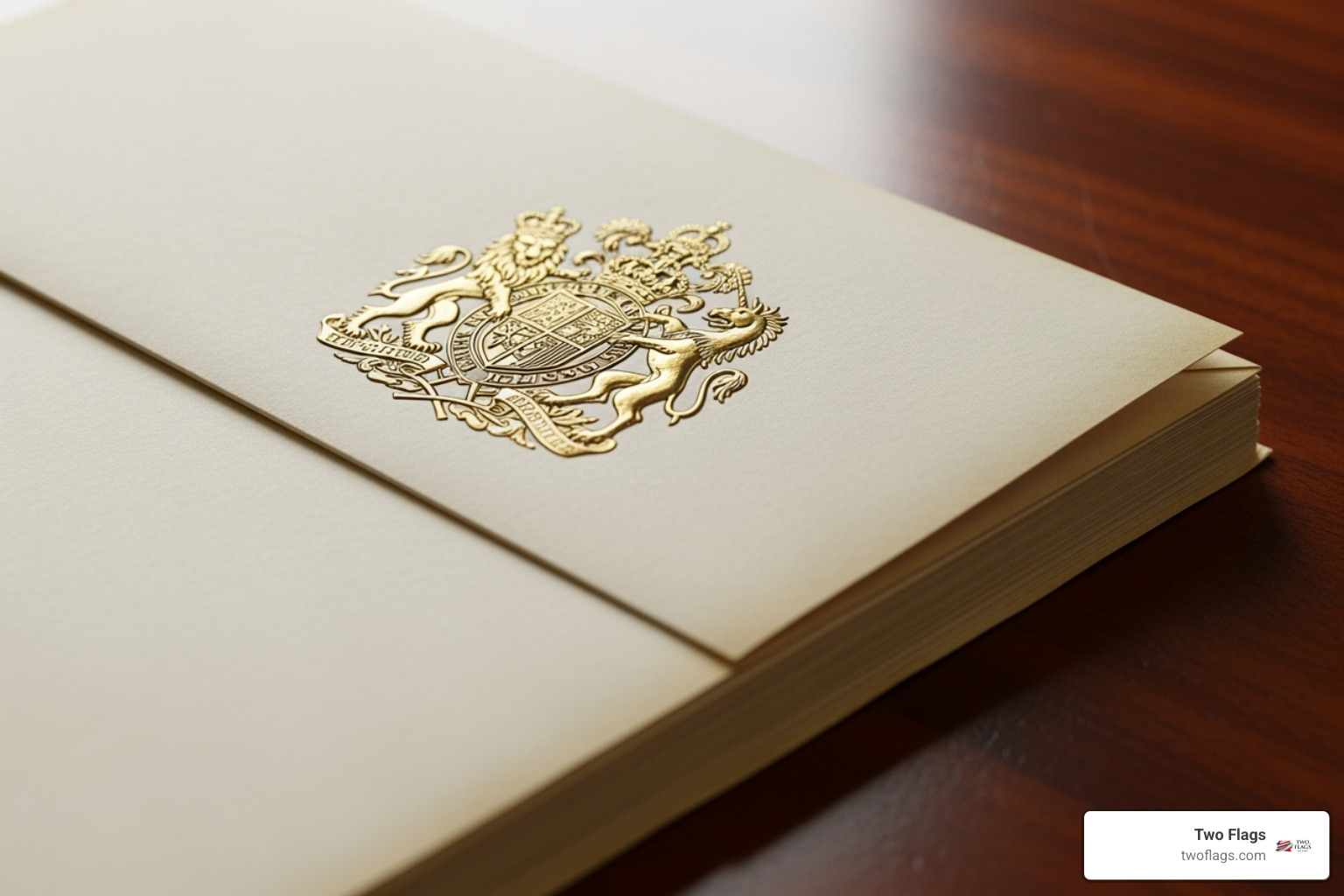
For the Highly Sensitive: Why Some People Still React
Despite the clear science and official guidelines, some people with celiac disease or gluten sensitivity still worry about reactions after drinking grain-based spirits. If you're wondering "is vodka gluten free" for your specific situation, you're not alone in having these concerns.
The reality is that a small number of highly sensitive individuals report anecdotal reactions to spirits made from wheat, rye, or barley. While the science tells us these reactions shouldn't be from gluten (since it's been removed), everyone's body is different.
Some theories exist for these experiences. Extreme sensitivity might mean reacting to trace amounts below even the 20 ppm standard. Cross-contamination during bottling or serving could introduce gluten from other sources. Sometimes people might be reacting to other compounds in the alcohol that have nothing to do with gluten.
For those who prefer absolute peace of mind, choosing vodkas made from naturally gluten-free sources like potatoes, corn, or other non-grain ingredients can eliminate any lingering worry. At Two Flags One Spirit, we understand this concern and craft our ultra-premium vodka to meet the highest standards for those prioritizing both quality and gluten-free assurance.
What to look for when asking "is vodka gluten free"
When you're shopping and asking yourself "is vodka gluten free," knowing what to look for makes all the difference. Start with the ingredient list – this is your best friend, especially with flavored varieties where additives might sneak gluten back in after distillation.
Look for "distilled from" statements on the label. Whether it says "distilled from winter wheat" or "distilled from corn," remember that pure distilled spirits are gluten-free regardless of their starting point. However, if you prefer naturally gluten-free sources for extra confidence, seek out those made from potatoes, corn, or other non-grain ingredients.
Certified gluten-free logos from organizations like the Gluten-Free Certification Organization (GFCO) provide additional third-party verification. While not necessary for pure vodka, these certifications offer extra consumer confidence through rigorous testing.
Pay special attention to flavored vodkas and additives. These are where gluten can potentially return to your glass after distillation. Any added flavorings, sweeteners, or colorings need scrutiny since they're introduced after the gluten-removing distillation process.
When in doubt, check the brand's website or contact them directly. Reputable producers are transparent about their ingredients and processes, making it easy to get definitive answers about their products' gluten-free status.
Navigating Your Choices: Potential Risks and What to Look For
While we've established that pure, distilled vodka is inherently gluten-free, vodka isn't always straightforward. Think of it like cooking - the basic ingredients might be safe, but it's what happens in the kitchen afterward that can change everything.
The main concern isn't the vodka itself. It's what might be added after the distillation magic happens. This is where being a smart consumer really pays off, especially when you're managing celiac disease or gluten sensitivity.
Cross-contamination is rare but possible. This could happen during bottling or handling processes. However, the bigger concern lies in flavored varieties and added ingredients that come after distillation.
Post-distillation additives are the real wildcards. Once that pure, gluten-free spirit leaves the still, anything added back in could potentially introduce gluten. This is why reading labels becomes your superpower.
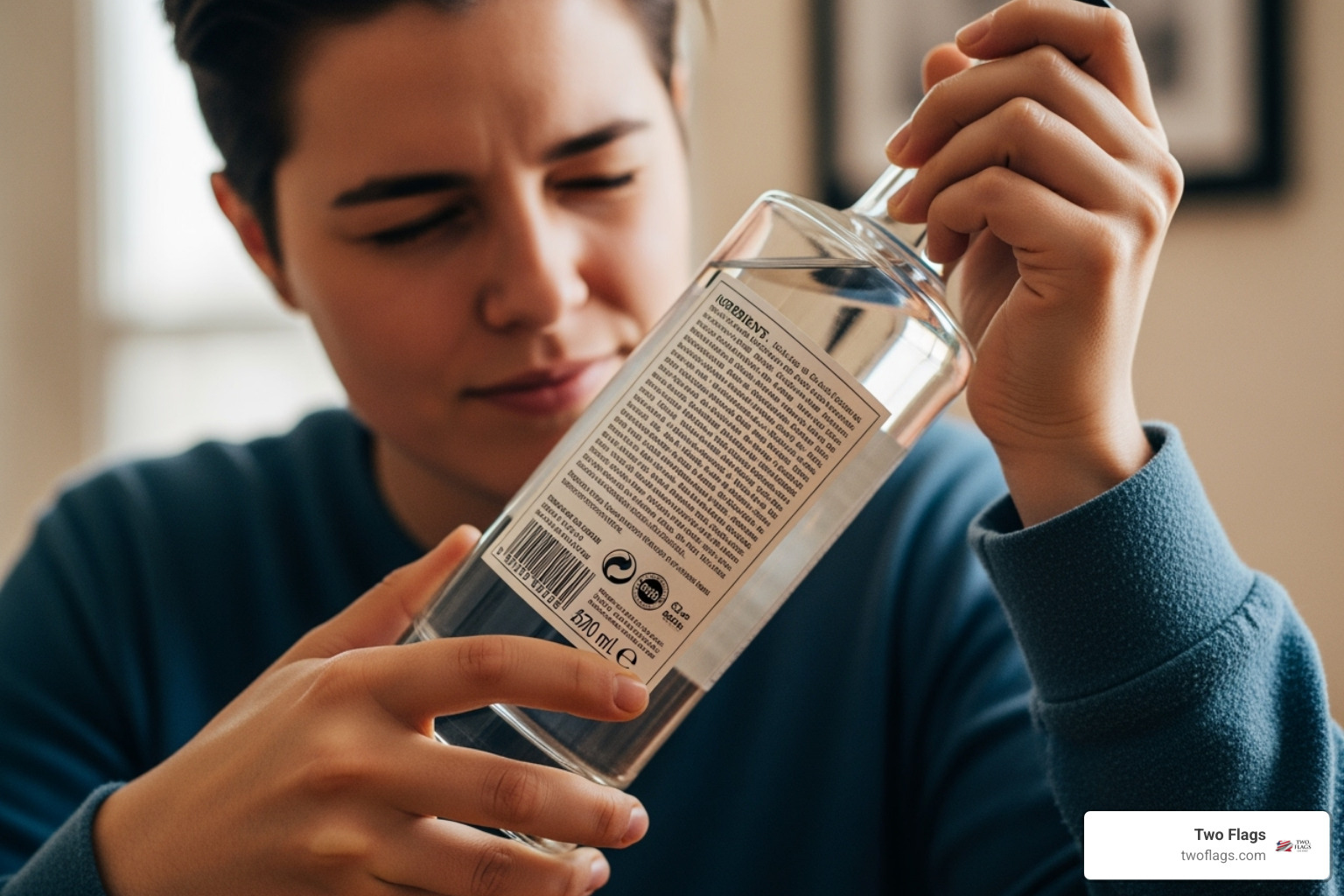
Are flavored vodkas a safe bet?
Here's where things get interesting - and where the answer to "is vodka gluten free" becomes more nuanced. Pure vodka? Absolutely gluten-free. Flavored vodka? Well, that depends on what flavors we're talking about.
The moment a distillery adds flavoring, sweeteners, or colorings after distillation, you're dealing with a completely different product. These post-distillation additives can be tricky territory.
Artificial flavorings are usually safe, but not always. The manufacturing process and ingredients used can vary widely. Natural flavors sound healthier, but they're actually trickier to steer. This broad term can hide various ingredients, and their gluten status isn't always clear.
Sweeteners in flavored vodkas deserve special attention. While most are gluten-free, some syrups or sweetening agents might contain gluten-derived ingredients. Colorings are generally safe, but caramel coloring (though rare in vodka) can sometimes be made from gluten-containing sources.
The hidden gluten sources aren't trying to hide from you personally - they're just not always obvious. A vanilla-flavored vodka might seem harmless, but if the vanilla extract was processed using gluten-containing alcohol, problems could arise.
Your best bet? Look for flavored vodkas that explicitly state they're gluten-free. If the label doesn't mention it, or if the ingredient list is vague, stick with unflavored options if you're highly sensitive.
The Importance of "Certified Gluten-Free"
Think of "Certified Gluten-Free" as the gold standard - it's like having a food safety expert personally vouch for your vodka. While pure vodka doesn't technically need this certification to be gluten-free, it provides incredible peace of mind.
The Gluten-Free Certification Organization (GFCO) and similar bodies don't just take a company's word for it. They dig deep with third-party testing and thorough auditing processes. This means someone independent has verified that the product meets strict standards, typically under 10-20 parts per million of gluten.
This certification process builds consumer confidence by going beyond just checking ingredients. These organizations examine the entire production process, from sourcing to bottling, ensuring no gluten sneaks in anywhere along the way.
What does a gluten-free certification guarantee? Ingredient purity means every single component has been verified as gluten-free. Production safety ensures the facility either doesn't process gluten-containing ingredients or has rock-solid procedures to prevent cross-contamination. Regular testing means the final product gets checked consistently, not just once. Complete transparency gives you an extra layer of accountability that goes beyond basic regulatory requirements.
At Two Flags One Spirit, our commitment to creating ultra-premium organic vodka means we understand why these standards matter so much. When you're dealing with celiac disease or severe gluten sensitivity, having that extra assurance can make all the difference between enjoying a drink with confidence or worrying about it all night.
The bottom line? While "is vodka gluten free" has a clear scientific answer for pure spirits, certifications help bridge the gap between science and real-world peace of mind.
Frequently Asked Questions about Gluten in Alcohol
When it comes to understanding gluten in alcoholic beverages, we hear the same questions over and over again. The most common? Is vodka gluten free? Let's explore the answers that matter most to you and your health.
Can people with celiac disease safely drink vodka?
The short answer is yes - people with celiac disease can safely enjoy pure, unflavored vodka. I know this might sound surprising, especially if you've been told to avoid anything made from wheat or other gluten-containing grains. But here's the beautiful science behind it: the distillation process is your friend.
When we distill vodka, whether it starts as wheat, rye, or any other grain, the gluten proteins simply cannot make the journey into your glass. They're too heavy to vaporize with the alcohol. Think of it like steam rising from a pot of boiling water - the minerals and impurities stay behind in the pot, just like gluten stays behind in the still.
This means you can confidently enjoy a classic vodka martini or a simple vodka soda made with pure vodka. The main thing to watch out for is flavored varieties and mixers, which might introduce gluten after the distillation is complete. Always check those labels, but the spirit itself? You're good to go.
What's the difference between "gluten-free" and "gluten-removed" alcohol?
This distinction is really important to understand, and it mostly comes up when we're talking about beer. But knowing the difference helps you make better choices across all alcoholic beverages.
Gluten-free alcohol is made from ingredients that never contained gluten in the first place. Wine from grapes, cider from apples, and beer from rice or sorghum all fall into this category. For distilled spirits like vodka, gin, rum, and whiskey, they become gluten-free through the distillation process itself. The gluten never makes it into the final product - it's not that we remove it, it's that it can't survive the journey.
Gluten-removed alcohol is almost always beer that started with traditional gluten-containing grains like barley. These beers are treated with special enzymes that break down gluten proteins into smaller pieces. While this can reduce gluten levels below 20 parts per million, most celiac experts don't consider these products safe. The concern is that those broken-down gluten fragments might still trigger reactions in sensitive people.
For vodka and other distilled spirits, this whole "gluten-removed" category doesn't really apply. We don't need to remove gluten because it never makes it into the bottle in the first place.
Are other distilled spirits like gin, rum, or whiskey also gluten-free?
Absolutely! This is one of those wonderful moments where science works in your favor across the board. The same distillation process that makes vodka gluten free also applies to all pure, unflavored distilled spirits.
Whether you're talking about gin made from barley, rum from sugarcane, tequila from agave, brandy from fruit, or whiskey from various grains, the distillation process ensures the final product is free of gluten proteins. It doesn't matter what grain or ingredient the spirit started with - if it's been properly distilled, the gluten stays behind.
This opens up a whole world of options for people managing celiac disease or gluten sensitivity. You can enjoy pure versions of these spirits with the same confidence you'd have drinking our Two Flags One Spirit vodka. Just remember the same caution applies across all categories: watch out for flavored spirits, liqueurs, or pre-mixed cocktails where additives might be introduced after distillation.
The key word here is "pure." Stick to unflavored, straight spirits, and you're navigating safely through distilled beverages.
Conclusion: Your Guide to Enjoying Vodka Confidently
After exploring the science, regulations, and nuances of gluten in spirits, I hope you feel empowered to make confident choices about your vodka consumption. The journey from confusion to clarity doesn't have to be complicated when you understand the facts.
Is vodka gluten free? The answer is a resounding yes for pure, distilled vodka. This fundamental truth holds whether your vodka started life as wheat kernels swaying in a Polish field, potatoes growing in Idaho soil, or corn ripening under the summer sun. The distillation process is your ally here – it's a centuries-old technique that separates alcohol from everything else, including those troublesome gluten proteins that cause so much concern.
The science is clear, and the regulatory bodies agree. The FDA, TTB, and health organizations worldwide confirm that distillation removes gluten completely. This means you can enjoy your favorite vodka cocktails without the worry that often shadows those managing celiac disease or gluten sensitivity.
But knowledge is power, and being informed means staying vigilant about the details that matter. While pure vodka earns a clean bill of health, flavored varieties deserve a closer look. Those enticing vanilla, berry, or citrus-infused options might contain post-distillation additives that could introduce gluten back into your glass. When in doubt, check the label or choose brands that explicitly state their gluten-free status.
For those seeking absolute peace of mind, certified gluten-free products offer an extra layer of assurance. These certifications mean rigorous testing and facility audits have confirmed the product meets the strictest standards. It's like having a trusted friend double-check your work – sometimes that extra confirmation is exactly what you need to fully relax and enjoy.
At Two Flags One Spirit, we understand that trust is earned through transparency and quality. Our ultra-premium, organic vodka is authentically crafted with the knowledge that many of our customers are asking is vodka gluten free for very personal health reasons. We're committed to providing a spirit that not only meets the highest standards for purity but also delivers the exceptional taste experience you deserve.
The bottom line is beautifully simple: you don't have to sacrifice quality or peace of mind when choosing vodka. Armed with this understanding of distillation science and label-reading skills, you can confidently explore premium vodka. Whether you're mixing a classic martini, enjoying a crisp vodka soda, or savoring a neat pour of your favorite premium spirit, you can do so knowing you've made an informed choice.
So here's to informed decisions, quality spirits, and the confidence that comes from understanding what's really in your glass. Cheers to enjoying vodka with complete peace of mind!
For more insights into choosing exceptional spirits, explore our comprehensive guide to premium vodka brands.


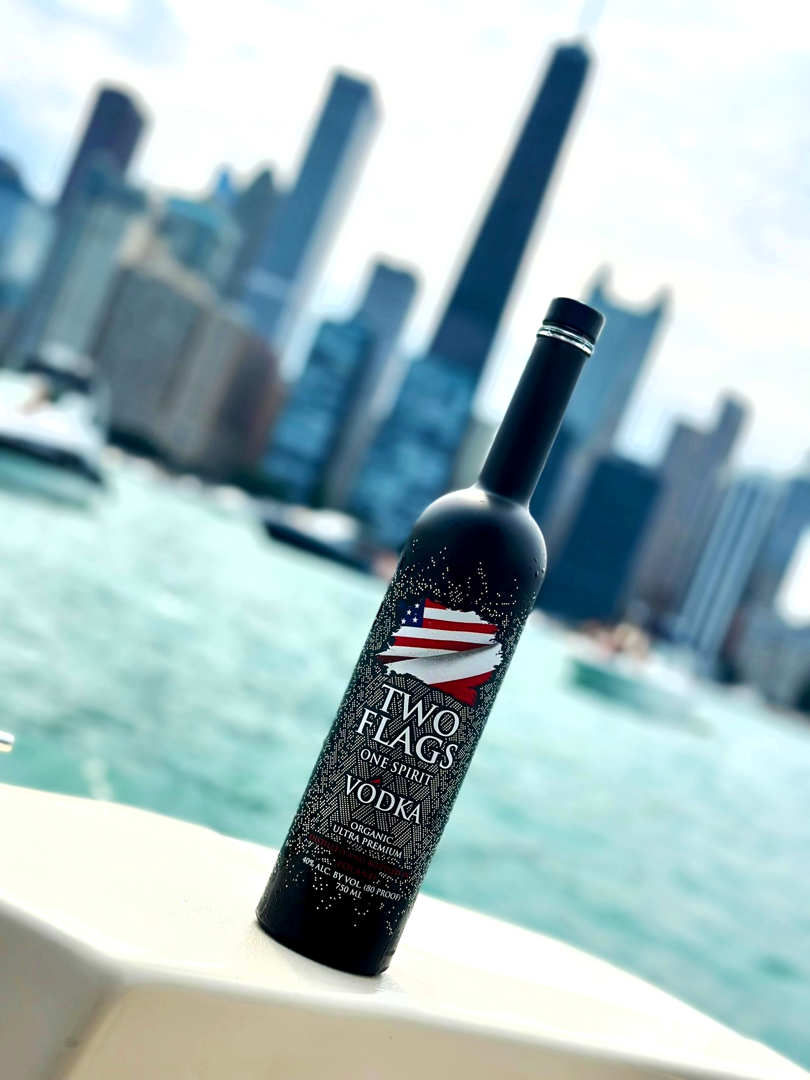
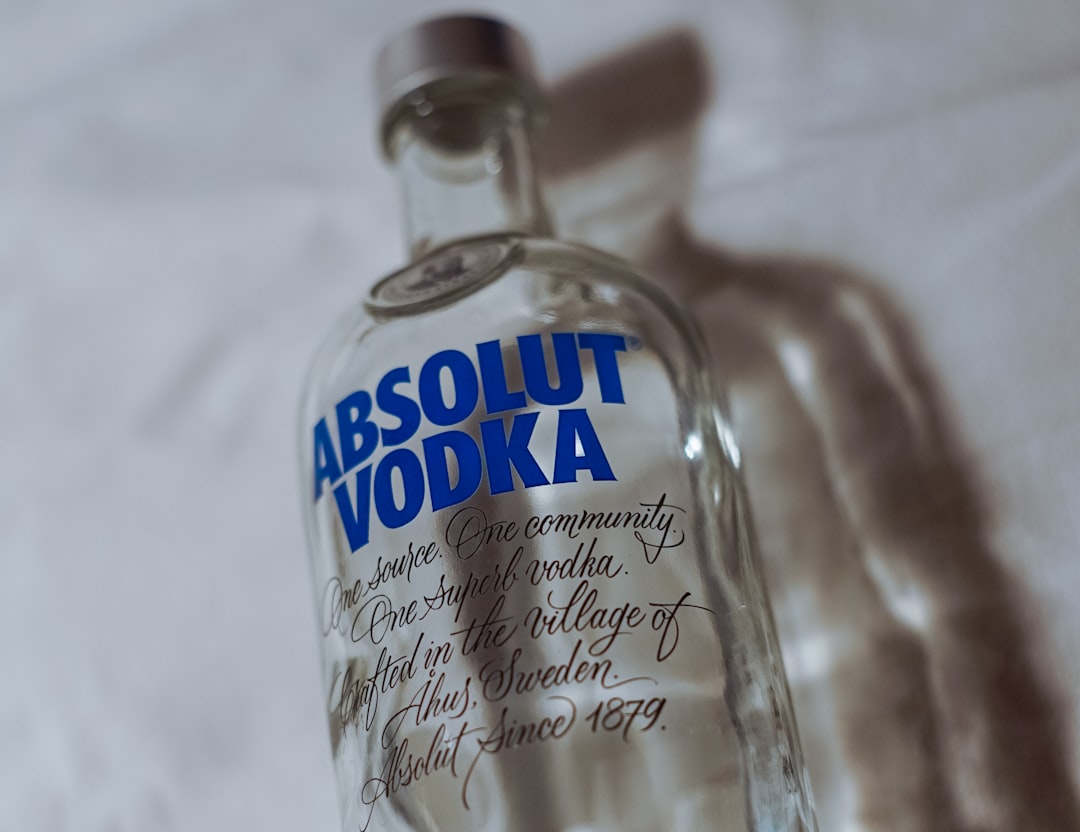

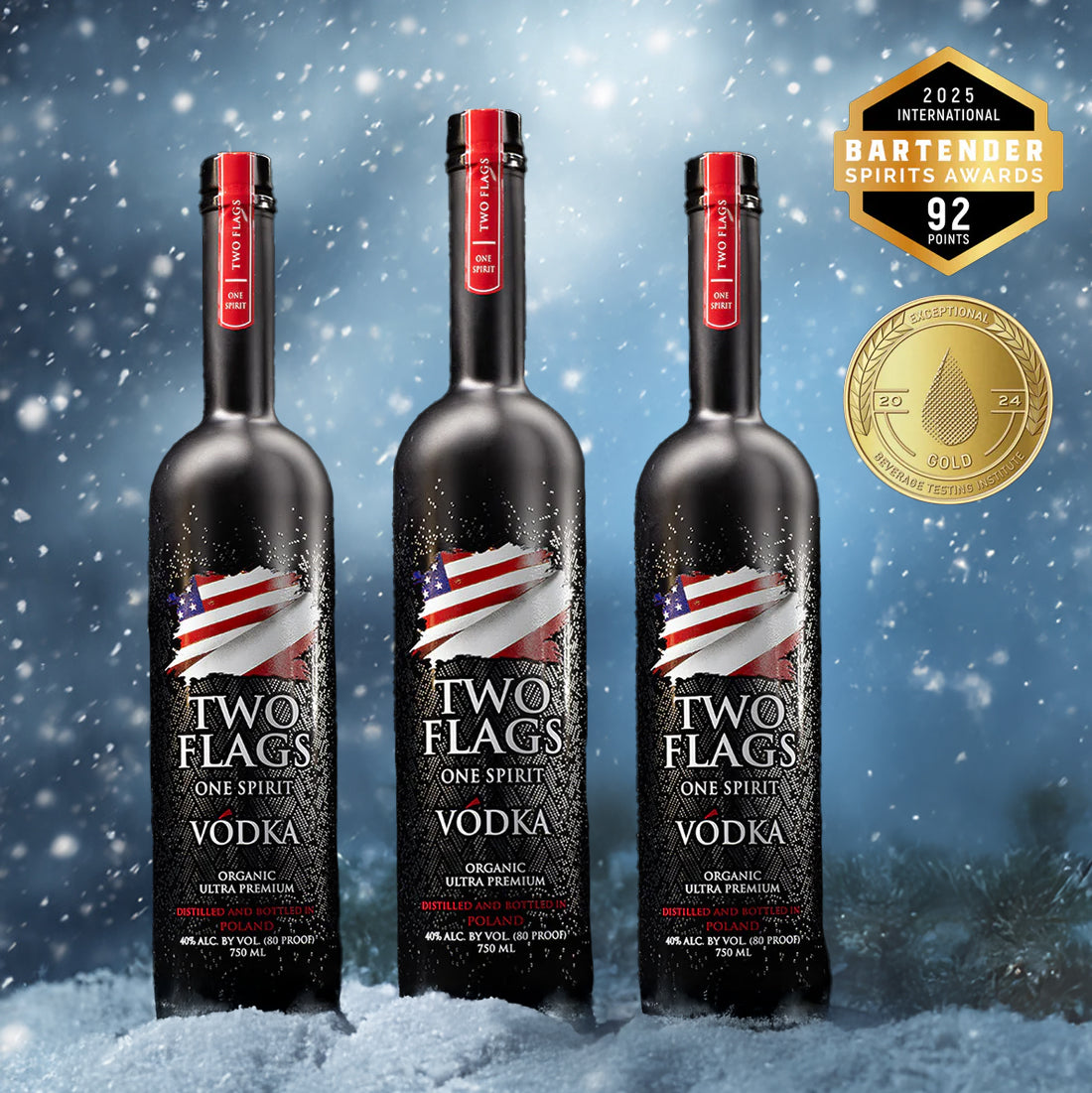
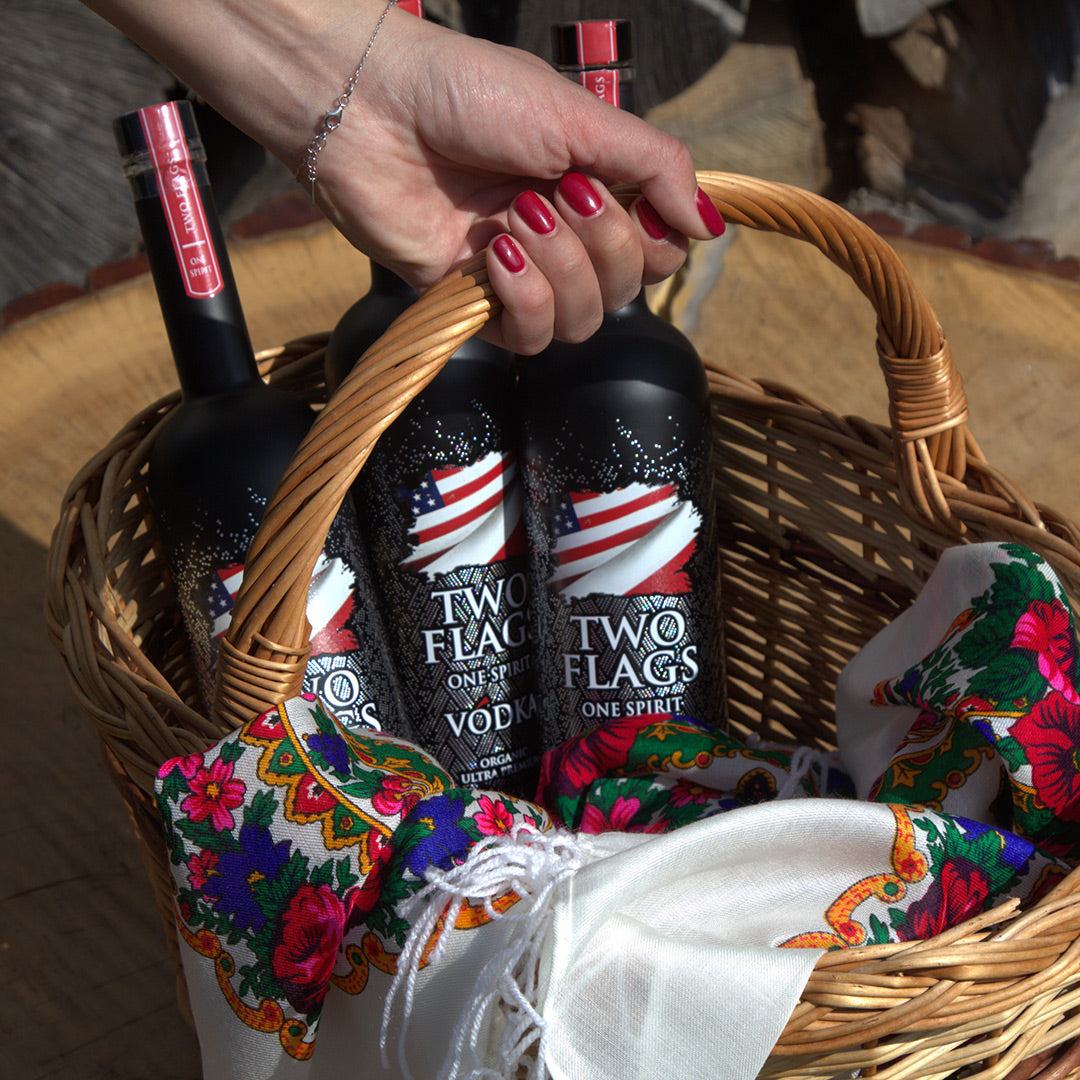
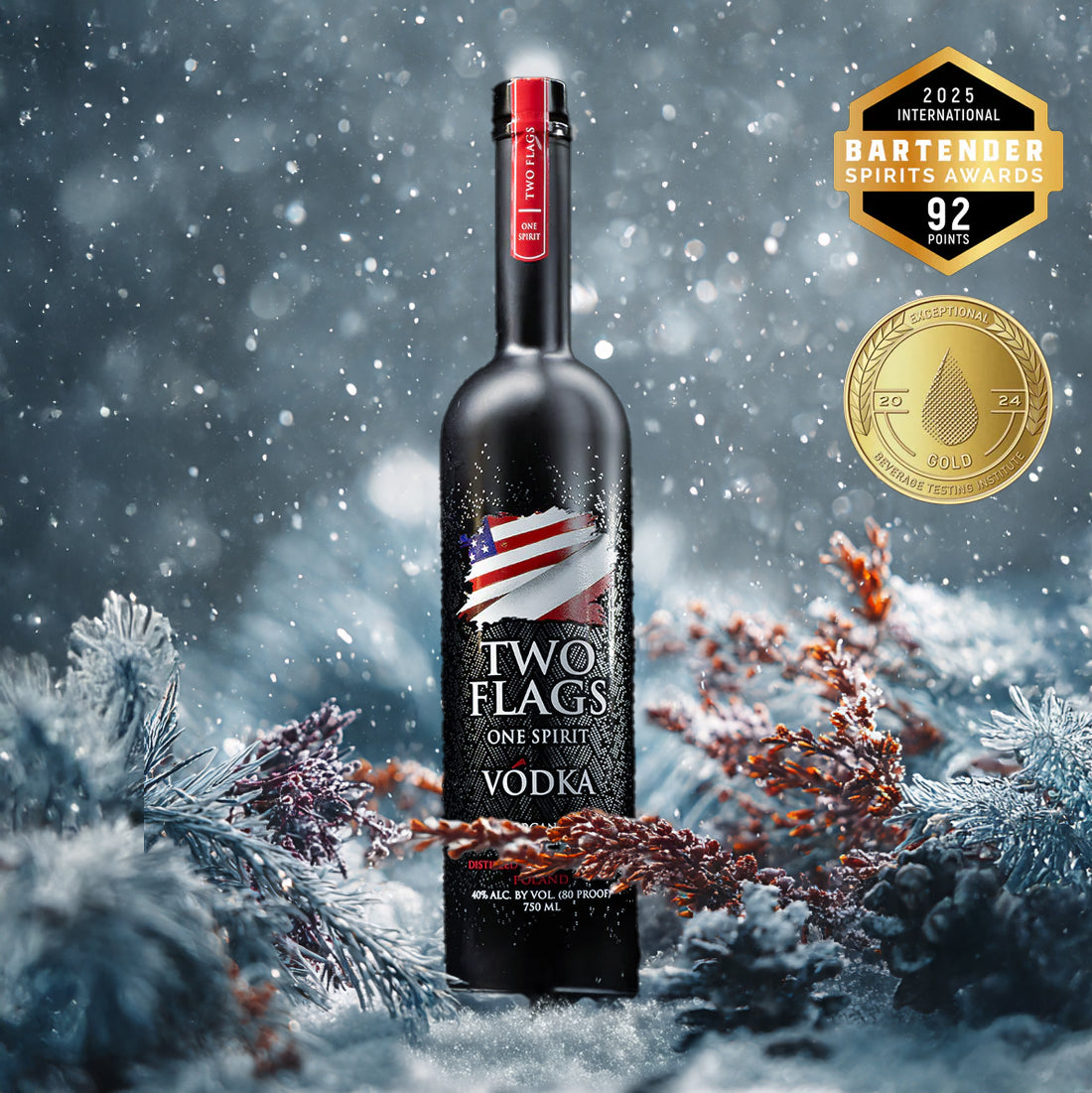

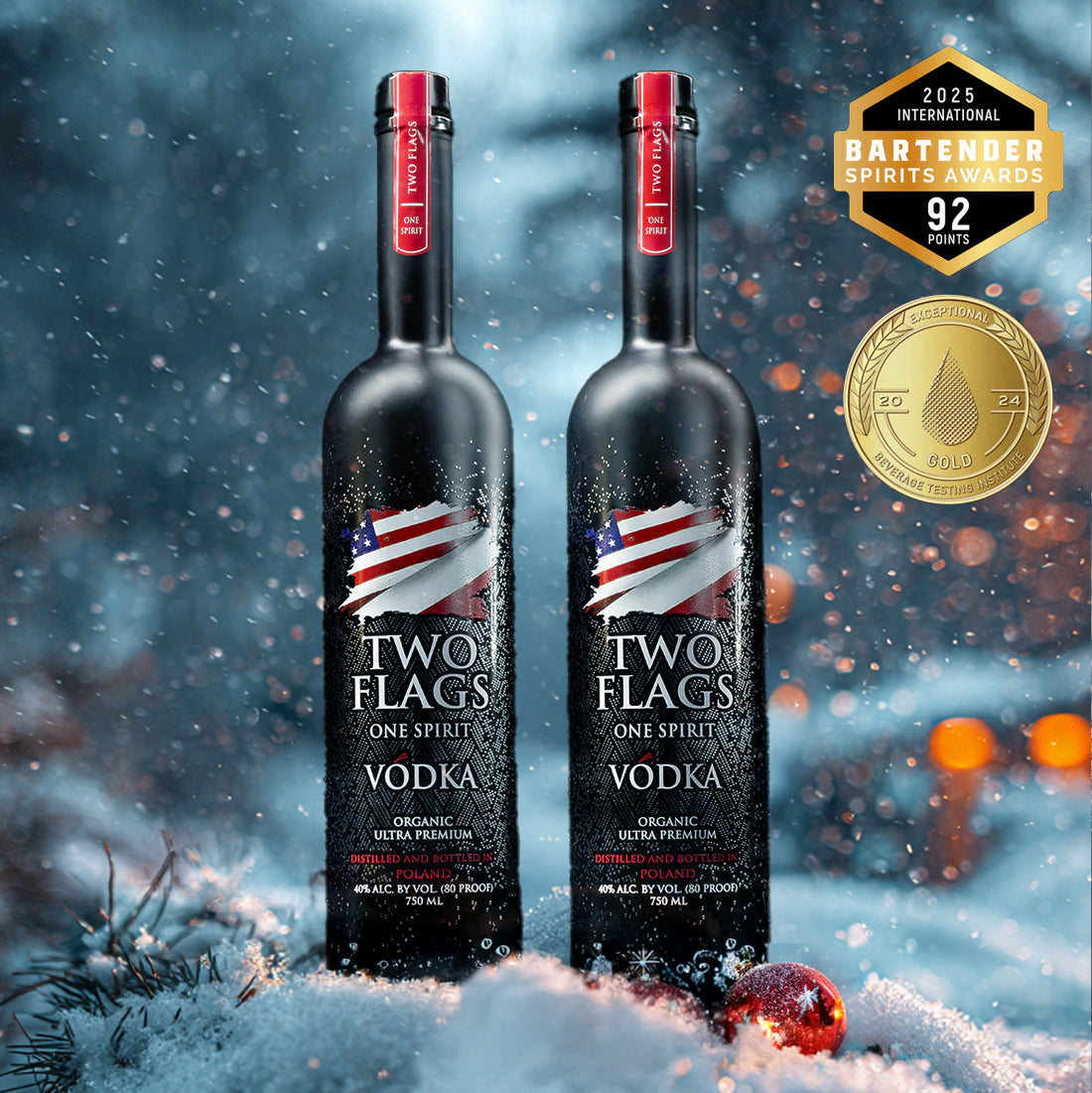
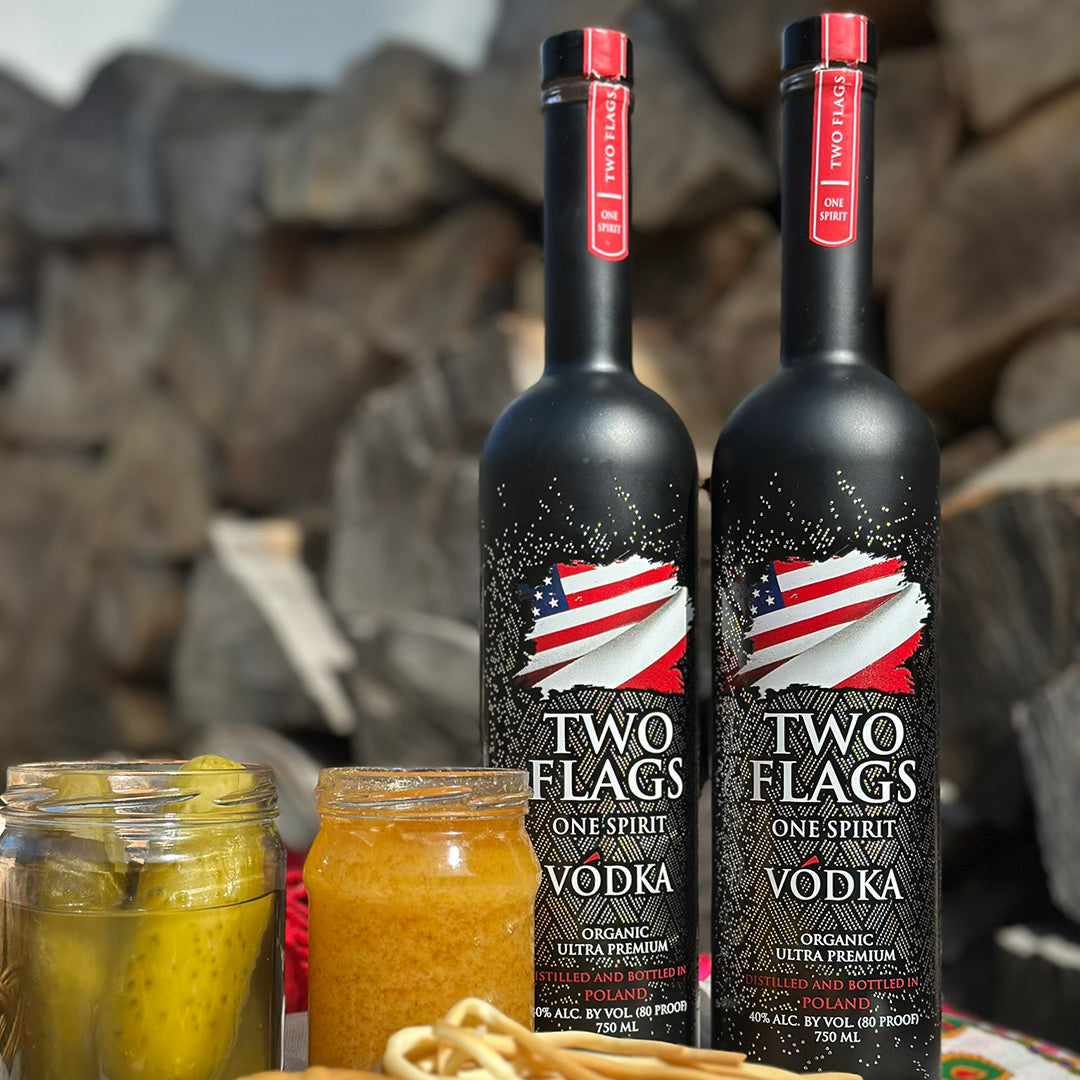
Zostaw komentarz
Ta strona jest chroniona przez hCaptcha i obowiązują na niej Polityka prywatności i Warunki korzystania z usługi serwisu hCaptcha.